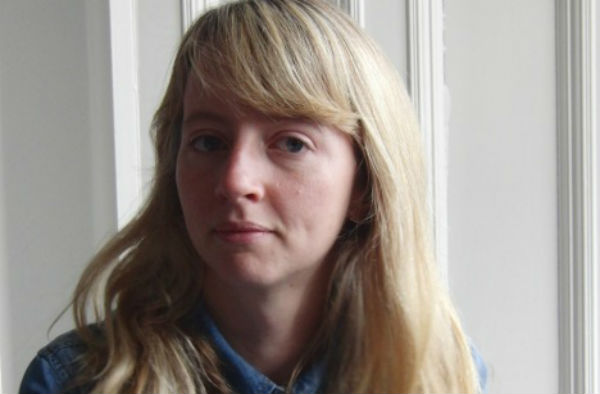
Nearly three-quarters of artists working in the UK are not being paid for exhibitions at publicly funded institutions, according to a new report sponsored by artist advocacy group a-n. The poll was conducted by dha Communications and focused on member artists who range in experience from those just starting out to more established positions like 2014 Turner Prize nominee Ciara Phillips. It found that 71 percent of artists who were exhibiting in public institutions received no fee for their contribution to solo or group shows. Fifty-nine percent of respondents weren’t even refunded for basic expenses incurred in order to transport the work to the institution—an often-costly proposition—or living expenses linked directly to the shows in which they participated.
The report is quick to point out that there are non-monetary or indirect monetary benefits to showing in institutions from curatorial support and advice to sales that may occur either directly because of the institutional show or due to increased exposure and relevance in the art world resulting from the exhibition.
The losers in the equation aren’t just the artists, however. The public also suffers from the many who are unable to participate in exhibitions they are invited to, simply because they cannot afford to create the work or works requested by the exhibition curator, because they can’t afford to bring the work to the exhibition location, or because they can’t dedicate the time away from paying jobs in order to survive. In total 63 percent of the poll’s respondents said that they had to turn down exhibitions because of these factors.
As a-n director Susan Jones told the Guardian, “There is a symbiotic relationship–artists need galleries and galleries need artists otherwise there’s nothing for people to look at,” adding that her fight was not with the publicly-funded galleries, which are already strapped for cash. The situation reflects a fairly grim reality in which the artists would rather see the institutions be able to continue their work than be able to receive pay. “If you’re short of money, where do you save it?” Jones said of the galleries’ practice. Of those artists who did get paid for their exhibitions, over a third said that it was a fairly symbolic sum of less than £200. It’s not difficult to see how such a situation could develop, considering that less than a third of the artists polled had shown in a publicly funded space in the past two years.
Breaking down the numbers, the realities facing an artist just starting out today are staggering. The paper suggests that, adjusting for inflation the average artist in the UK makes £6,000 less than he or she would have nearly 20 years ago, in 1997. Fifty-seven percent make less than a quarter of their overall income from their artistic endeavors with 72 percent making less than £10,000 a year from art.